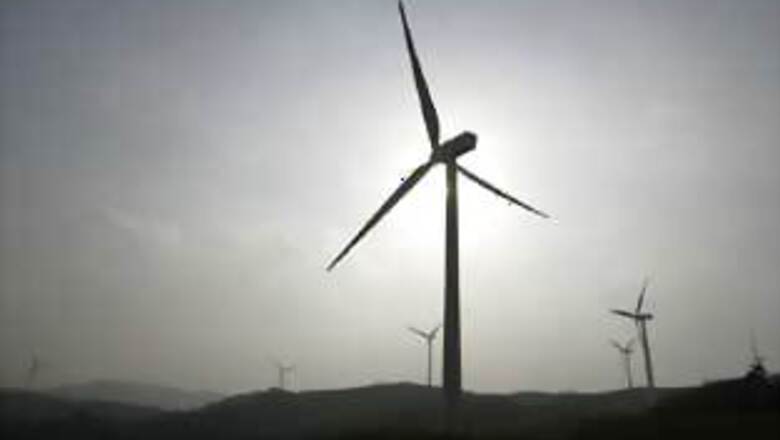
views
Indonesia: An independent board of scientists will be appointed to review the world's top climate science panel, which has been accused of sloppy work, a UN climate spokesman said on Friday.
The Intergovernmental Panel on Climate Change (IPCC) has been under fire after it was revealed one of its 2007 reports wrongly included a prediction that Himalayan glaciers could vanish by 2035. The figure should have been 2350.
That mistake and others have fuelled a resurgence of climate scepticism in some quarters but the UN says the fundamental claims of the IPCC -- that dangerous climate change is caused by mankind -- remains unshaken.
The panel will be part of a broader review of the IPCC to be announced next week, said Nick Nuttall, spokesman for the United Nations Environment Programme (UNEP).
"It will be [made up of] senior scientific figures. I can’t name who they are right now. It should do a review of the IPCC, produce a report by, say, August and there is a plenary of the IPCC in South Korea in October.
"The report will go there for adoption," he told reporters on the sidelines of a UNEP conference in Nusa Dua, on the Indonesian island of Bali, where environment ministers have been meeting this week.
"There’s no review panel at the moment. Yesterday, it was clear from the member states roughly how they would like this panel to be, i.e. fully independent and not appointed by the IPCC but appointed by an independent group of scientists themselves," he said.
The terms of references for the panel would be announced next week, he said. "I think we are bringing some level of closure to this issue."
Nuttall said the broader review of the IPCC would examine whether there would be a ban on it using "grey literature", a term to describe non-peer reviewed science.
The IPCC has rules for allowing grey literature. Scientists say the material, such as government agency reports or other respected work not published in scientific journals, is crucial for trying to get a complete picture of the current state of climate science.
Achim Steiner, executive director of UNEP, told reporters on Monday that he did not support a ban on the use of grey literature and that the media had overblown the IPCC's mistakes.
The IPCC's 2007 assessment report on the causes and impacts of climate change cites more than 10,000 scientific papers and is over 3,000 pages long. It is the main source of guidance for policymakers in the fight against climate change.















Comments
0 comment